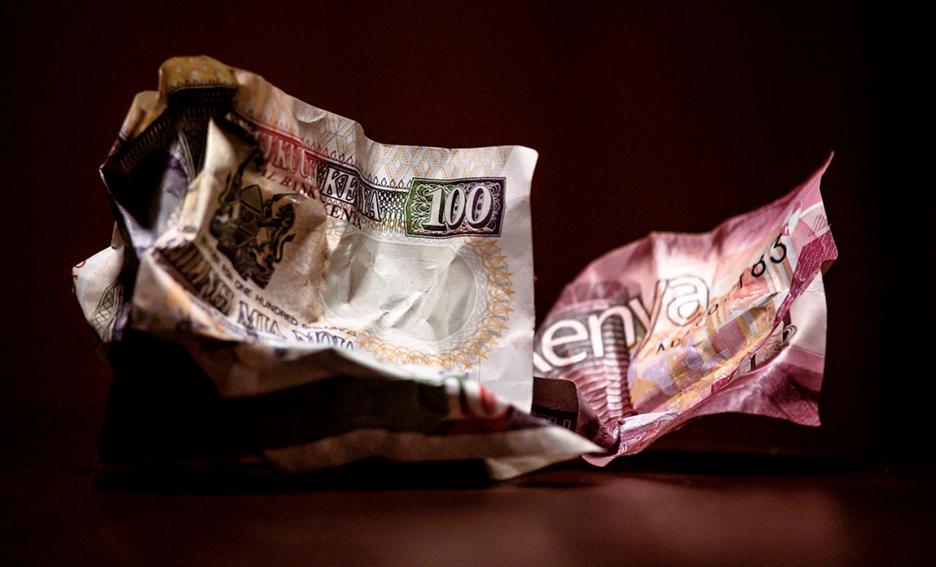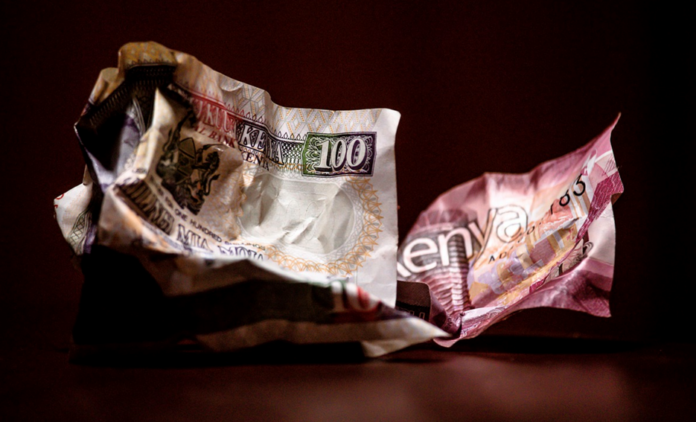Money management practices can be improved in a number of ways. Higher-income and lower expenses, higher income and the same expenses, the same income and lower expenses, or lower-income and even lower expenditure.
The point is better money management practices are not necessarily about earning more money and spending less, although that’s the desirable option. A budget is the best way to establish a financial plan for income and expenditure. By tracking money going in versus money going out, it’s possible to create a workable financial framework.
Benefits of Budgeting
A budget is established for a preset period of time. It’s best to plan a budget for a period of one month at a time. This makes it easy to track all expenses and incomes in that timeframe.
For many folks, the word budget has a negative connotation. It is associated with constrained spending. Truthfully, a budget need not be restrictive, but it is certainly well managed. Different income and expense items are entered into a typical budget. These include necessary expenses and discretionary expenses.
It’s important to differentiate between the two.
Necessary Expenses
• Food costs
• Utility bills
• Rental payments
• Health and wellness
• Mortgage repayments
• Educational expenses
• Transportation expenses
While necessary expenses tend to be fixed, there is still a great degree of flexibility available with these cost items. For example, food costs, utility bills, and transportation expenses offer some leeway.
Discretionary Expenses
• Sports and hobbies
• Travel and tourism
• Elective procedures
• Playing Game shows
• Alcohol and tobacco
• Speciality beverages, tea and coffee
There should always be accommodations made for discretionary expense items. The specific size of the budget is dependent upon individual tastes and preferences. A budget that fails to accommodate these line items will invariably fail. A degree of flexibility is needed to make a budget functional, feasible, and acceptable.

Discretionary spending is an essential component of day-to-day living. It is based upon wants rather than needs. Provided all the necessary expenses have been accounted for, a budget designed for discretionary spending is perfectly doable.
Many such examples exist, including live game shows where players can participate with professionally trained hosts in gambling-style games. Other options include weekend getaways to recharge after a tough work week, et al. Now, let’s take a look at how to create a budget.
Getting all your Papers in Order
A budget only works if all line items are accurately entered. This means that all incomes – active and passive – must be included in the budget. All expense items must be factored in as well.
To do this effectively, it’s best to print out bank statements, pay stubs, car loan statements, mortgages, rent receipts, general purchase receipts, utility bills, and investment account statements. Once all this information has been accurately sorted into one of two piles – incomes or expenses, a budget can be formed.
Is the income gross income or net income?
Taxes have to be accounted for upfront to determine how much is available for spending purposes. Next, deduct all the necessary expenses from the income. Don’t forget to include credit card payments, personal loans, student loans, and personal obligations. The variable expenses come next.
These include surprise expenses, entertainment costs, groceries, dining out, gifts, and petrol (transportation). A good way to track variable expenses is through a paper trail. Credit card statements, bank statements, and receipts provide a good idea of what to expect.
Once savings goals have been defined, it is important to determine how the money will be spent during the month. For example, it may be much more cost-effective to withdraw cash from a checking account to pay for expenses during the month rather than putting all these cost items on a credit card.
It’s simply too easy to swipe a credit card for necessary and unnecessary expenses. By using a debit card or cash, interest doesn’t have to be paid on top of existing purchases. Debit cards are a failsafe way to reduce monthly expenses, grow savings, and put some distance between money coming in and money going out.








